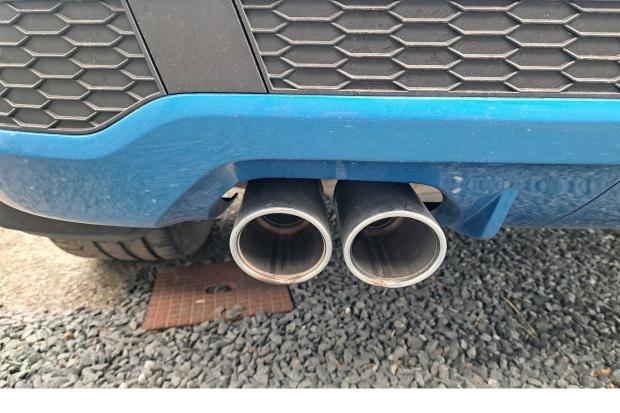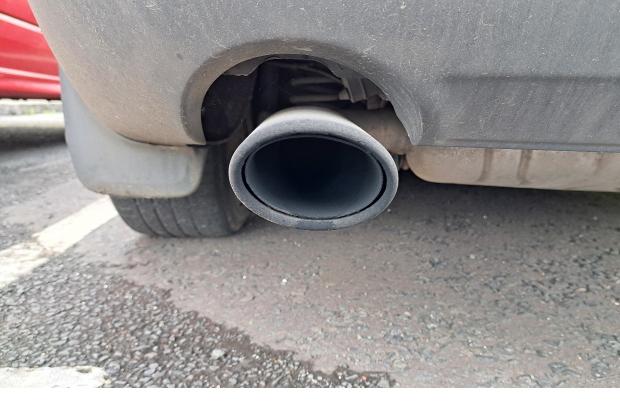Your vehicle's smoke emissions standards
Information on vehicle smoke emissions, enforcement checks and how a metered diesel smoke test is conducted.
Vehicle smoke emissions
When a car or vehicle burns petrol or diesel, gases are emitted from the exhaust pipe.
Sometimes, visible smoke is also emitted.
These emissions are measured during the testing of new car models and during some vehicle’s annual MOT test.
Diesel vehicles made since 2013
Vehicles made since 2013 should have no visible exhaust smoke emissions other than small quantities of water vapour under certain conditions.
This vapour will look like steam from a kettle.
A good sign that the emission control system is working properly is a clean exhaust tailpipe with no soot on the inside.
If the tailpipe is sooty, there might be a problem with the Diesel Particulate Filter (DPF) which traps soot and ash from the exhaust to reduce harmful emissions.
A warning lamp on the vehicle’s dashboard may also suggest a fault.


Diesel vehicles made before 2013
Older vehicles may emit small quantities of smoke, but this should never be enough to obscure the visibility of other road users.
Smoke, usually most noticeable when accelerating, shouldn’t catch your attention when checking mirrors or cause soot to gather on the rear of the vehicle.
This suggests that you should have the vehicle checked as it may need repaired.
Historic (classic) vehicles
Historic vehicles may emit larger quantities of visible smoke, but it should never obscure the vision of other road users.
Enforcement checks and fixed penalties
It is your responsibility to make sure your vehicle is in a roadworthy condition to be used on a public road.
Enforcement officers can carry out a roadside emission spot check, which may include a metered diesel smoke test if a vehicle is observed to emit avoidable smoke.
The driver/owner of a non-compliant vehicle may be issued with a notice requiring the defects to be rectified.
In more serious cases, a prohibition may be issued to prevent further driving of the vehicle until the defect has been rectified.
A driver of a non-compliant vehicle may be offered a £30 fixed penalty, or if prosecuted, a court may impose a fine of up to £1000 (£2,500 for Goods Vehicles and Buses).
Further penalties may apply where other defects are detected, such as emission control system tampering.
If a vehicle is causing a danger of injury to other road users, this could result in a £60 fixed penalty ticket and three penalty points or if prosecuted, a court may impose a fine of up to £2,500 (£5,000 for Goods Vehicles and Buses).
In such cases, further use of the vehicle will be prohibited.